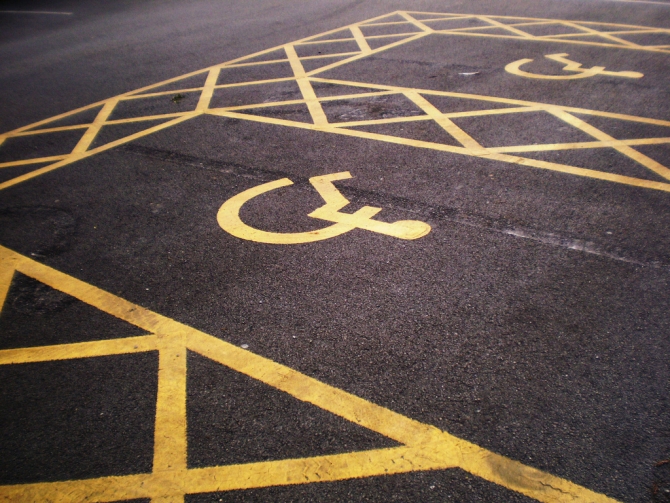A study conducted by the Department for Work and Pensions (DWP) suggests that retailers could boost sales by making their properties more accessible to disabled people.

According to the report, disabled people currently find locating accessible shopping opportunities difficult due to the lack of adaptations undertaken by retailers. As the latest figure from the DWP suggests UK households with a disabled person have, after housing costs are excluded, a combined disposable income of £212 billion per year – something which retailers could use to their advantage with a few small alterations to their stores.
Mark Harper, minister for Disabled People, believes that those with mobility issues or other disabilities would be more willing to shop on the high street if their needs were better catered for.
He said; “We want businesses up and down our high streets to realise they’re excluding more than 12 million customers and their families if they fail to cater for disabled people.
“That’s the equivalent to the populations of London, Birmingham, Leeds, Sheffield, Cardiff and Manchester combined.
“It’s not just about fairness, it makes good business sense to be accessible.”
Yet it is not only in shops that disabled people struggle– trips to the theatre or cinema were also highlighted by the report as being the second greatest difficulty for those with a disability. Finding a café or restaurant which caters for disabled people also made the list, coming in third place in terms of difficulty.
So how can businesses adapt their premises, at a low cost, in order to improve access for this large section of consumers?
Simply clearing clutter from the interior and exterior of their properties can not only help those in a wheelchair navigate obstacles, but can also aid those with impaired vision. In addition, for those with larger properties, creating a flexible store layout with wide aisles and plenty of items stocked on low shelves or rails can help those permanently confined to a wheelchair.
Restaurants and cafes can help the visually impaired by printing menus in a large, clear font and could also examine the possibility of locating a disabled parking space outside. Finally, investing in staff training to help employees recognise when a disabled customer requires aid is always extremely useful.
Although some commercial property adaptations, such as installing a lift or renovating customer toilets, can be very pricey, there are numerous small steps businesses can take to make their premises more accessible for those with a disability. By improving accessibility, businesses can build their customer bases and, correspondingly, their profits.
Previous Post
Relocations set to drive Leeds Office Market